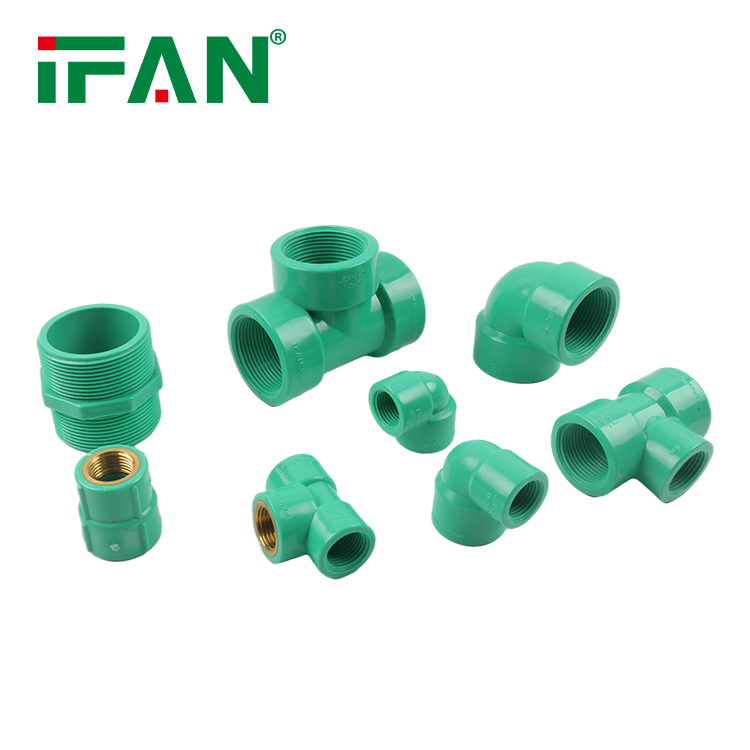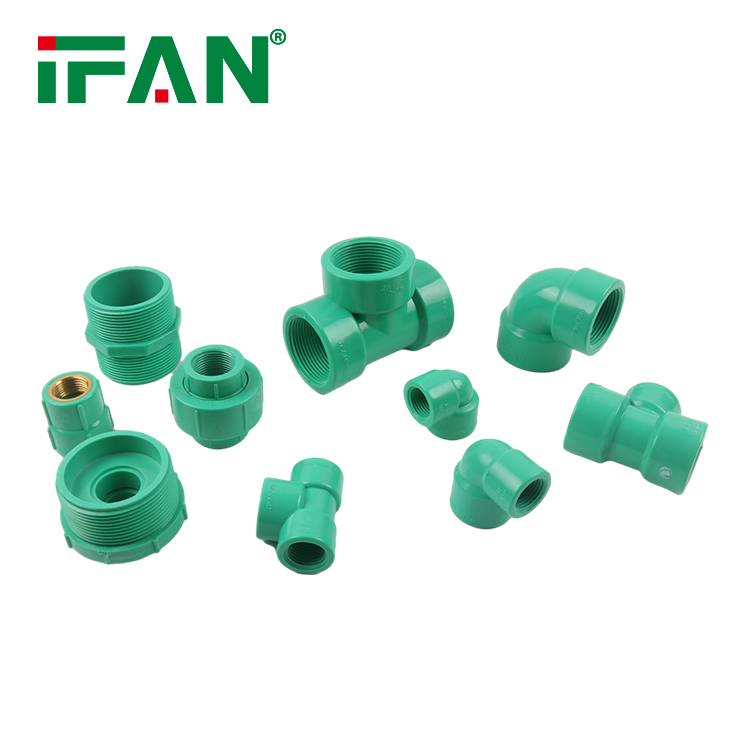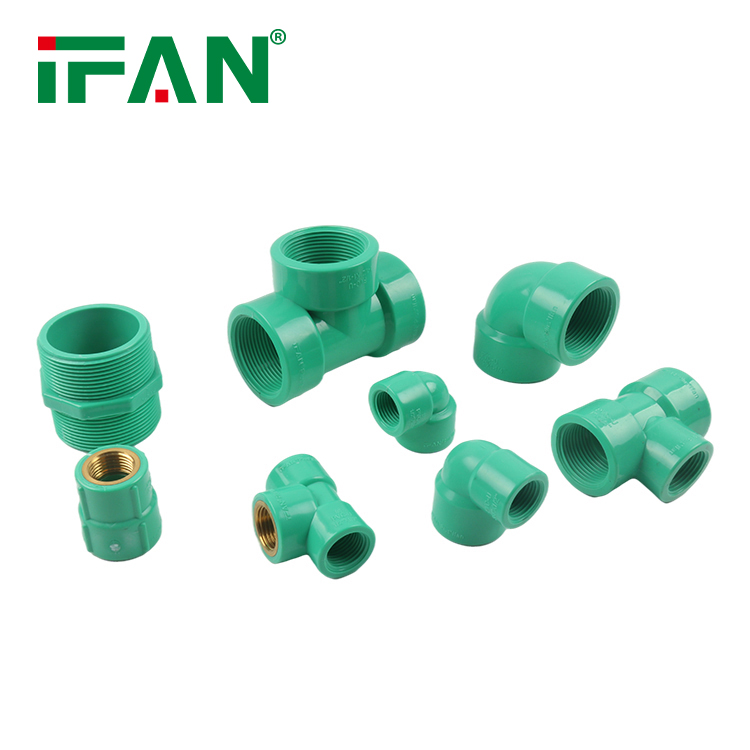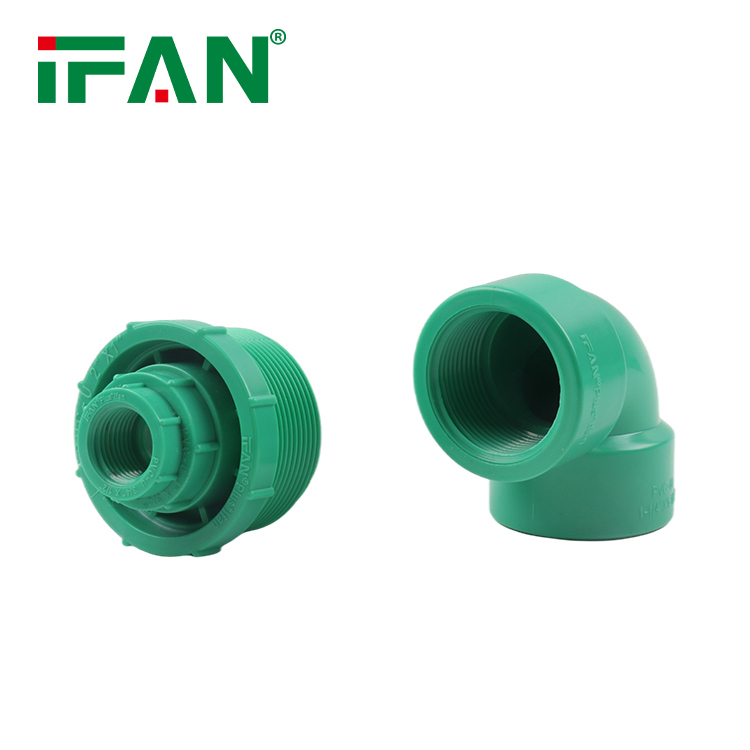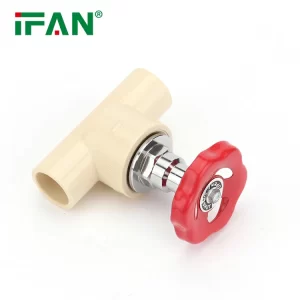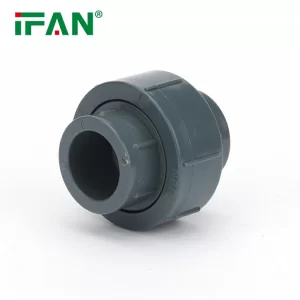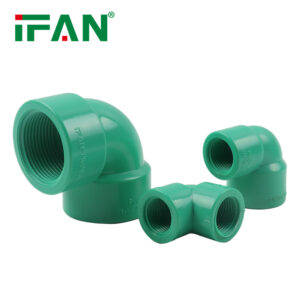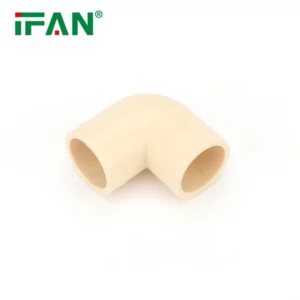Description
IFAN factory 30+ years manufacture experience support color /size customization support free sample.Welcome to consult for catalog and free samples.This is our Facebook Website:www.facebook.com,Click to watch IFAN’s product video.Compared with Tomex products, our IFAN products from quality to price are your best choice, welcome to buy!
Introduction to uPVC Fittings
uPVC (unplasticized polyvinyl chloride) fittings have gained significant traction in various industrial applications due to their numerous advantages. Unlike regular PVC, uPVC is rigid and does not contain plasticizers, making it a more stable and durable option for demanding environments. Industries ranging from construction to manufacturing benefit from the unique properties of uPVC fittings, including resistance to chemicals, moisture, and temperature fluctuations. This article explores the key benefits and diverse applications of uPVC fittings in industrial settings.
Durability and Chemical Resistance
One of the most compelling reasons for using uPVC fittings in industrial applications is their exceptional durability. uPVC is inherently resistant to corrosion, which is critical in industries where exposure to harsh chemicals is common. For example, in chemical processing plants, uPVC fittings can withstand aggressive substances without degrading or leaking, ensuring safe operations. Additionally, the material does not rust or rot, making it ideal for environments with high humidity or exposure to water. This durability translates to a longer lifespan for installations, reducing the need for frequent replacements and associated costs.
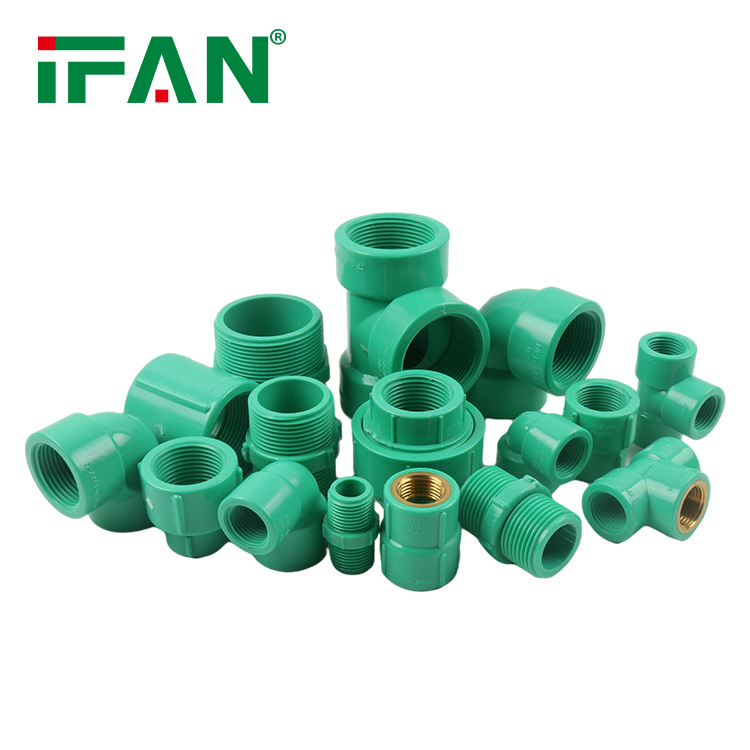
Lightweight and Easy to Install
uPVC fittings are significantly lighter than their metal counterparts, which simplifies transportation and installation processes. In industrial settings, where time and efficiency are crucial, the lightweight nature of uPVC allows for quicker handling and setup. Installation is often straightforward, requiring fewer tools and less labor compared to heavier materials. This ease of installation also minimizes downtime during project execution, allowing industries to maintain productivity while implementing new systems. The ability to work with lightweight materials can be particularly advantageous in projects where weight limitations are a concern.
Versatility in Industrial Applications
The versatility of uPVC fittings makes them suitable for a wide range of industrial applications. In plumbing and drainage systems, uPVC pipes and fittings are used for transporting water, wastewater, and other liquids efficiently. Their ability to handle varying pressure levels makes them ideal for both residential and industrial plumbing. Furthermore, in HVAC systems, uPVC fittings are utilized for ductwork and ventilation, providing excellent insulation and preventing heat loss. The adaptability of uPVC ensures that it can meet the specific needs of diverse industries, from agriculture to pharmaceuticals.
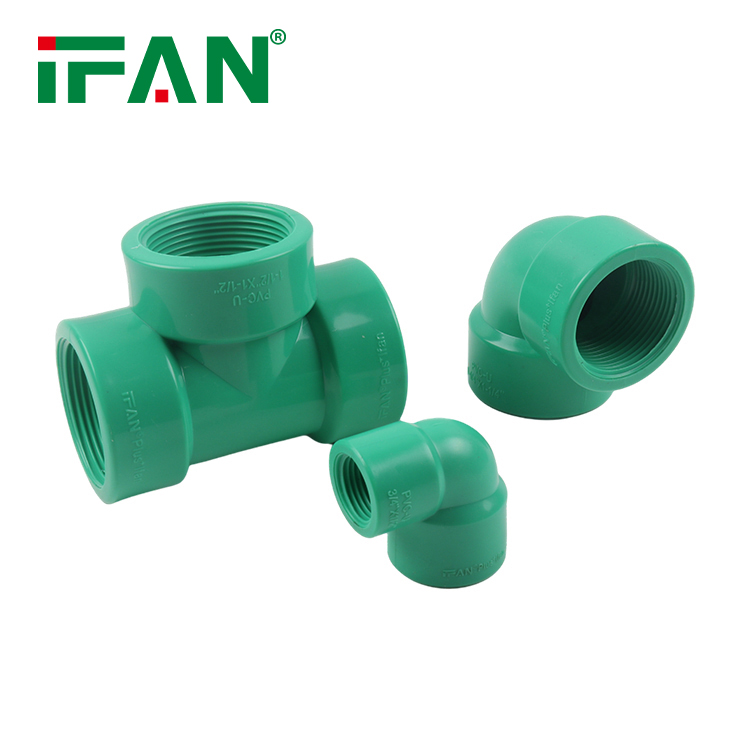
Cost-Effectiveness and Economic Benefits
Incorporating uPVC fittings into industrial applications can lead to significant cost savings over time. While the initial investment may vary depending on project specifics, the long-term benefits of durability and low maintenance requirements often outweigh upfront costs. uPVC does not require regular treatments or coatings, reducing ongoing maintenance expenses. Additionally, since uPVC fittings have a long lifespan, industries can avoid frequent replacements, further enhancing economic efficiency. These financial advantages make uPVC a smart choice for businesses looking to optimize their operational budgets.
Environmental Considerations
As industries become increasingly aware of their environmental impact, the sustainability of materials used in applications has come under scrutiny. uPVC fittings are a favorable option due to their recyclable nature. When they reach the end of their service life, uPVC materials can be repurposed, contributing to a circular economy. Moreover, the energy efficiency associated with uPVC installations—such as reduced energy consumption in heating and cooling—aligns with global sustainability goals. By choosing uPVC fittings, industries can not only enhance their operational efficiency but also demonstrate a commitment to environmentally responsible practices.
Conclusion: A Smart Choice for Industries
In summary, uPVC fittings offer a multitude of benefits for industrial applications, including durability, lightweight characteristics, versatility, cost-effectiveness, and environmental sustainability. As industries continue to seek materials that provide reliable performance in challenging conditions, uPVC stands out as an optimal solution. By adopting uPVC fittings, companies can enhance their operational efficiency, reduce costs, and contribute positively to environmental efforts. Whether for plumbing, drainage, HVAC, or other industrial needs, uPVC fittings represent a forward-thinking choice for modern industry.
Related products
-
PVC
UPVC Elbow


